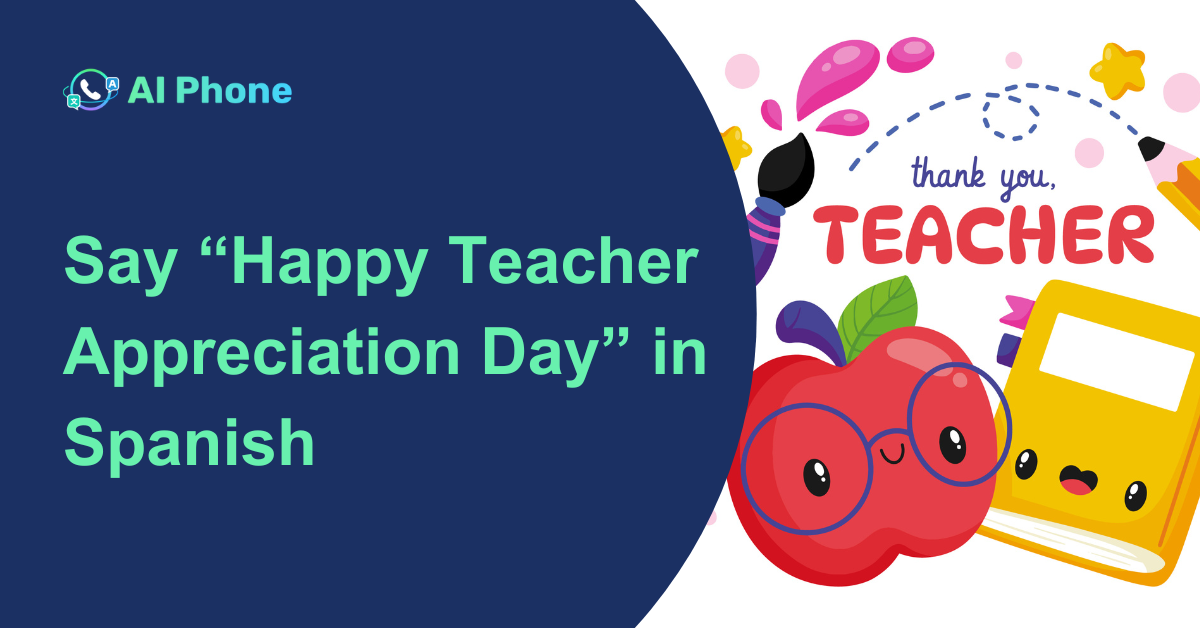Switzerland is one of the few countries in the world with four official languages—a fact that makes it linguistically rich but also occasionally confusing, especially for newcomers. Whether you’re moving for work, study, or simply visiting, understanding which language is spoken where can save you from awkward miscommunications or unnecessary stress.
From handling government paperwork to calling a local plumber, being language-aware in Switzerland is not just helpful—it’s often essential.
The Four Official Languages and Where They’re Spoken
Switzerland recognizes German, French, Italian, and Romansh as official languages. But they are not used equally across the country. Here’s how the language distribution breaks down by region:
| Language | Region (Canton Examples) | Percentage of Swiss Population (approx.) | Notes |
|---|---|---|---|
| German | Zurich, Bern, Lucerne, Basel | ~62% | Mainly Swiss German dialects |
| French | Geneva, Vaud, Neuchâtel, Jura | ~23% | Standard French is widely understood |
| Italian | Ticino, part of Graubünden | ~8% | Standard Italian |
| Romansh | A few areas in canton of Graubünden | <1% | Spoken by a small minority only |
Official statistics source: Swiss Federal Statistical Office (https://www.bfs.admin.ch)
Everyday Communication: What You’ll Hear in Daily Life
Language in Switzerland isn’t just about official labels—it’s about local identity. You might find:
- Swiss German (Schweizerdeutsch), which varies heavily by region and differs significantly from High German (Hochdeutsch).
- French spoken in the western regions, clear and close to standard Parisian French.
- Italian used in the south, particularly in Ticino, often interwoven with regional slang.
- In multilingual cities like Fribourg, you might hear both French and German in daily use.
- English is widely spoken in tourist areas and among younger generations but cannot be relied upon in official or rural contexts.
Common Challenges Faced by Newcomers
Many immigrants and international residents are surprised to find that:
- Swiss German is not taught in most language courses and can be difficult to understand, even for native German speakers.
- Official calls—to landlords, government agencies, or hospitals—are often conducted only in the regional language.
- Dialects and accents vary dramatically within short distances, making language comprehension more complex.
- In-person appointments or emergency services may have limited support for non-local languages.
How AI Phone Helps You Navigate Swiss Languages
Understanding four languages is not realistic for most people. That’s where tools like AI Phone (https://www.aiphone.ai) come in.
AI Phone offers real-time voice translation for over 150 languages, including Swiss German, French, and Italian, through both phone calls and apps like WhatsApp and WeChat. Here’s how it helps in real-world Swiss situations:
Example Scenarios:
- Calling a local doctor’s office in Lucerne: The receptionist speaks only Swiss German. AI Phone instantly translates your spoken English into Swiss German during the call, and vice versa.
- Booking an apartment in Geneva: You speak with a French-speaking landlord via WhatsApp voice call. AI Phone translates your conversation in real time.
- Confirming a delivery in Ticino: You need to call a driver who speaks Italian. AI Phone handles the translation on a standard phone call.
- Government follow-ups: Calls to local immigration or tax offices often require regional language use. AI Phone’s real-time capabilities make these conversations manageable.
In addition, the call summary feature helps users understand the key points discussed after the call, which is especially useful for follow-ups or legal/medical information.
⚠️ Note: Romansh is not currently supported by many mainstream translation tools, including AI Phone, due to its extremely limited speaker base.
Conclusion: Language Confidence in a Multilingual Nation
Switzerland is uniquely multilingual—but that doesn’t have to be a barrier. With a practical understanding of where each language is spoken and tools like AI Phone to bridge communication gaps, both short-term visitors and long-term residents can communicate more effectively and confidently.
Whether you’re setting up your new life in Zurich or navigating a trip through Geneva and Lugano, AI Phone is built to support real-world multilingual communication—without the stress.
👉 Explore AI Phone and make your next conversation in Switzerland smoother.

